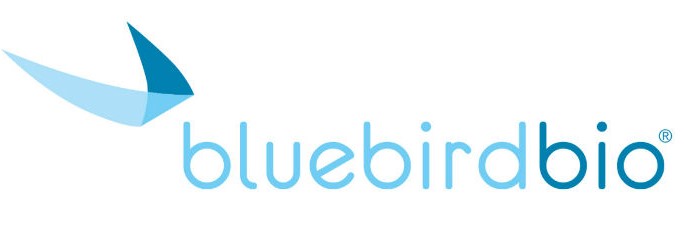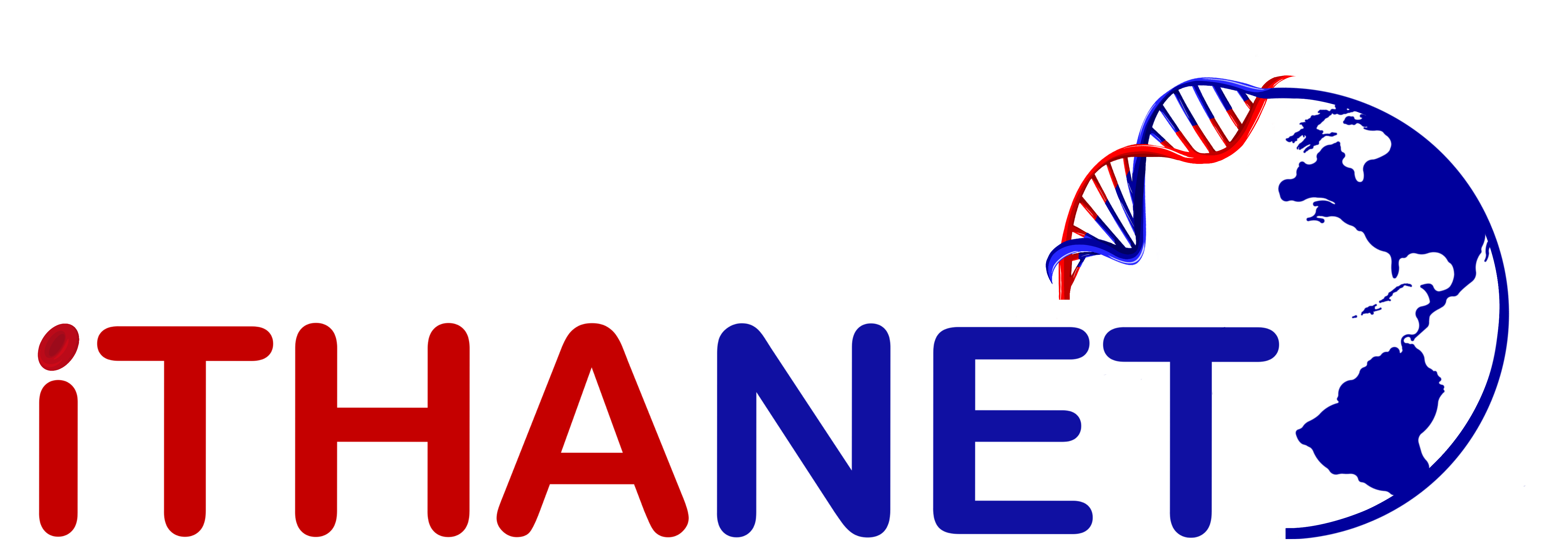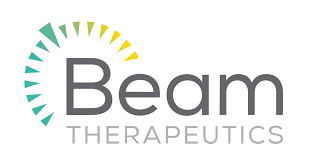
Bluebird Bio announced in December 2021 the suspension of its lovotibeglogene autotemcel (lovo-cel; formerly LentiGlobin® for SCD, bb1111) gene therapy clinical programme for sickle cell disease (SCD) in patients under the age of 18. The partial, temporary suspension relates to an ongoing investigation by bluebird bio into an adolescent patient with persistent, non-transfusion-dependent anaemia following treatment with lovo-cel, now 18 months post-treatment. This patient is clinically well and there is no evidence of malignancy or clonal predominance. Enrollment and dosing for patients 18 and older living with SCD in the HGB-206, HGB-210 and LTF-307 clinical studies, as well as follow up for treated patients of all ages in all studies are continuing as planned. For more information: press release


